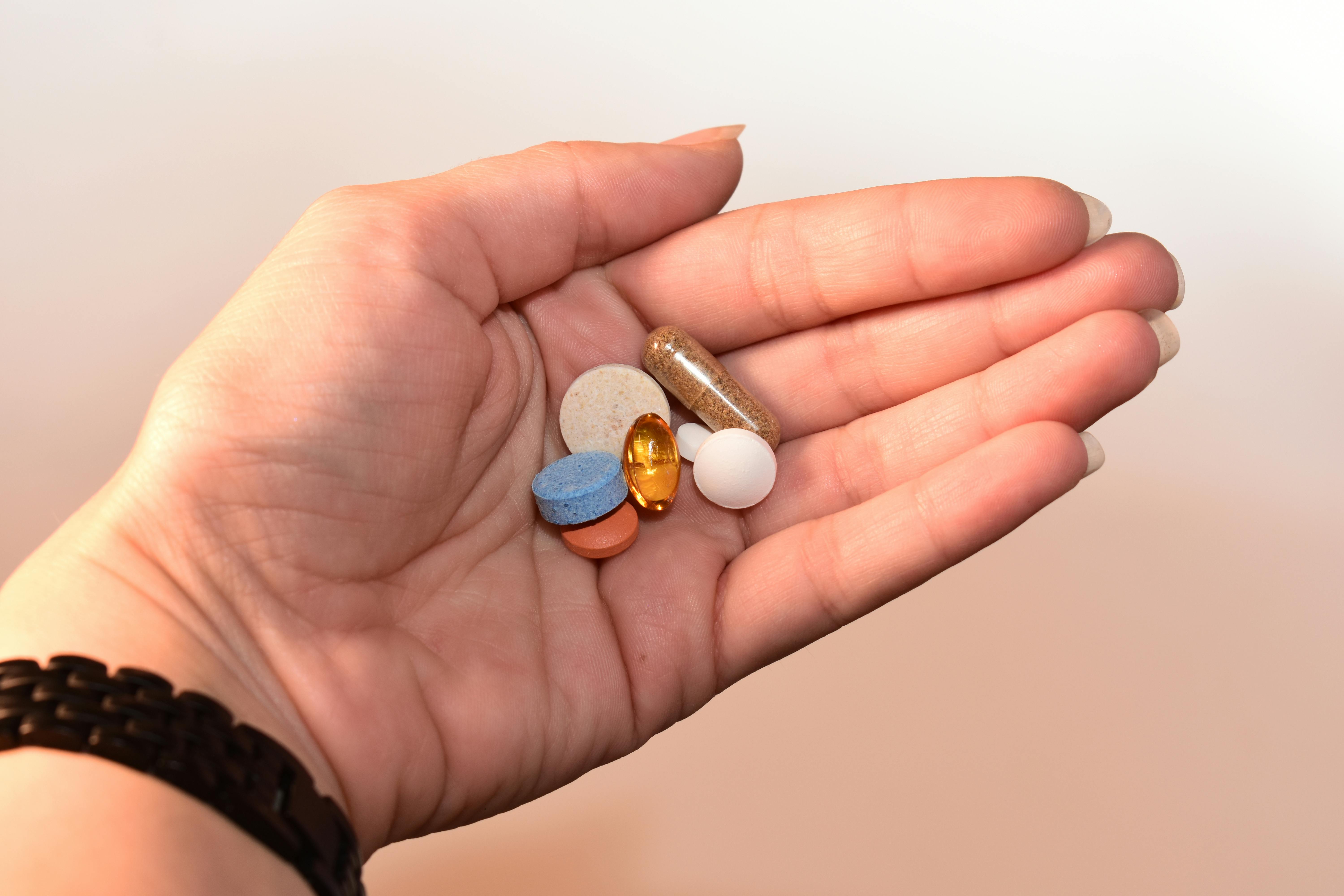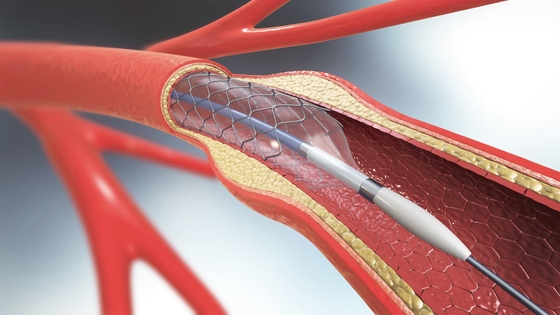
Taking your heart medicines
Taking your heart medicines
Key takeaways
3 min read
- There are different types of heart medicines. Taking your medicines as prescribed can reduce the risk of heart problems and can help keep you out of hospital.
- It is important to keep taking your medicines, even if you feel well. Speak to your doctor before stopping or changing the dose of your medicines.
- Know how to take your medicines safely. If you have trouble taking your medicines or remembering to take them, your doctor or pharmacist can help.
What are the different types of heart medicines?
The types of medicines you take will depend on your heart condition. Your doctor might prescribe more than one type of heart medicine. Common types of heart medicines include medicines to:
- manage blood pressure
- manage cholesterol
- stop blood clots forming (anticoagulants and antiplatelets)
- control heart rate/rhythm
- prevent and treat angina (chest pain)
- manage heart failure.
Your doctor might prescribe blood pressure or cholesterol medicines as part of a Heart Health Check. This is to help reduce your risk of having a heart attack or stroke in the next five years.
Read more about the different types of heart medicines.
Top tips for taking your heart medicines
Taking your medicines safely
- Keep taking your medicines. Only stop or change the dose of your medicines if your doctor has told you to.
- Ask your doctor or pharmacist about the possible side effects of your medicines. Understand what you should do if you get side effects.
- Always let your doctor or pharmacist know what over-the-counter medicines you are taking. Over-the-counter medicines are medicines you can buy from a pharmacy, supermarket or health food shop without a prescription. Examples include pain medicines, cold and flu medicines, supplements and vitamins. Some over-the-counter medicines can interact with your heart medicines.
- Check with your doctor or pharmacist if there are any foods or drinks you should avoid. Some foods and drinks can interact with heart medicines.
- Check the expiry date. Only take medicines that are within their expiry date. For medicines you only take every now and then, check the expiry date regularly.
- Only take medicines that have been prescribed for you. Never share your medicines with anyone else.
- Have enough supply of your medicines. Get your next prescription filled a few days before you are due to run out of your medicines.
- Seek help if you’re having trouble taking your medicines. Some people might have difficulty swallowing tablets. Or they might find it hard to open the medicine packaging or read the label. If you are having trouble, speak to your doctor or pharmacist for help.
- Keep a list of your medicines. Note down the medicines you take, either on a piece of paper or on your phone. There are also free medicine tracking apps like MedicineWise: Manage Medicine. Record the names of your medicines, the dose, what each one is for, and when to take them. Bring this list to all your health appointments.
Remembering to take your medicines
It is quite common for people to forget to take their medicine sometimes. Top tips for remembering when to take your medicine:
- Make it part of your daily routine. Remind yourself to take your medicine by linking it with things you do every day. For example, take your morning medicines before getting in the shower or with your breakfast. Or take your evening medicines just before you brush your teeth.
- Set a daily alarm or reminder. Set up your phone, alarm clock or computer to remind you when to take your medicine. The free MedicineWise: Manage Medicine app allows you to set reminders.
- Use a chart or calendar. Mark off when you have taken your medicines for that day.
- Ask your doctor if there are other ways to help you remember to take your medicines. For example, some medicines can be combined into one tablet. Or your doctor might be able to reduce the number of doses you need to take in a day. There are also ways your pharmacist can package medicines to remind you when to take them. For example, blister pack or dose sachets. Ask your pharmacist for more information.
It is important to ask your doctor or pharmacist what to do if you forget to take your medicine. Or if you accidently take more than your usual dose.
Find out more about your heart medicines
Your doctor or pharmacist can answer any questions you have about your heart medicines.
Other reliable sources of information include:
- Consumer medicines information leaflet. The leaflet comes with most medicines. It explains what the medicine is for, how to take it, and if there are any side effects. If you didn’t receive this, ask your doctor or pharmacist. You can also look a leaflet up on the NPS MedicineWise website.
- Home Medicines Review. This is when your pharmacist checks the medicines you are taking at home. They can make sure you are taking the right medicines in the right way. A Home Medicines Review might be helpful if you:
- are taking more than five medicines a day
- have recently been in hospital
- are confused or worried about your medicines
- are having trouble remembering to take your medicines.
- Medicines Line (1300 MEDICINE or 1300 633 424). This is a free telephone service. Trained pharmacists answer your questions about prescription and over-the-counter medicines.
References
- Australian Medicines Handbook. Cardiovascular drugs. 2024. Accessed 10 Jan 2025. https://amhonline.amh.net.au/
- Brieger D, Cullen L, Briffa T et al. National Heart Foundation of Australia & Cardiac Society of Australia and New Zealand. Australian clinical guideline for diagnosing and managing acute coronary syndromes 2024. (In draft).
You might also be interested in...

Understanding your heart medicines
Find out about common heart medicines

Heart medicines – Frequently asked questions
Find answers below to frequently asked questions about heart medicines.

Heart procedures and devices
If you have a heart condition, your doctor may recommend different treatments, including procedures or devices.
Last updated14 October 2025
Last reviewed29 April 2025
